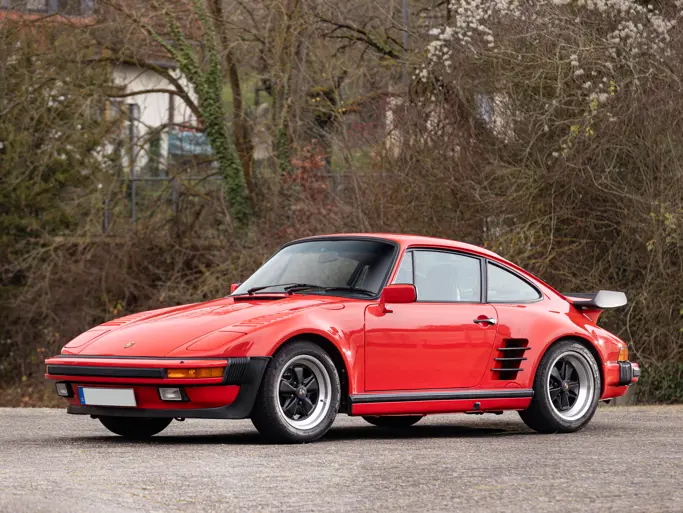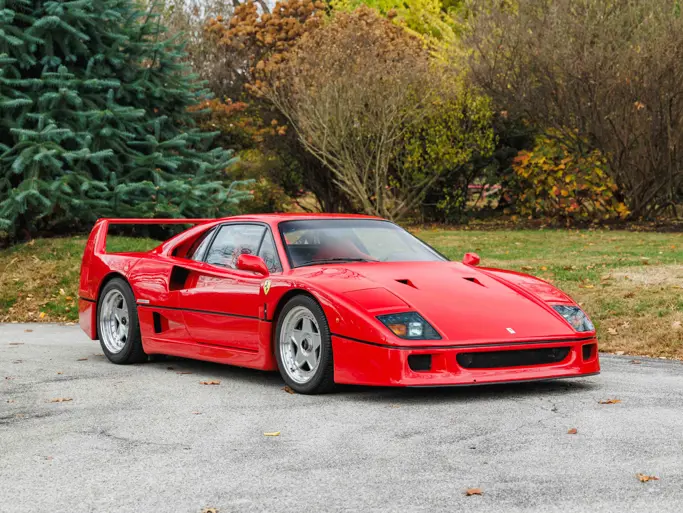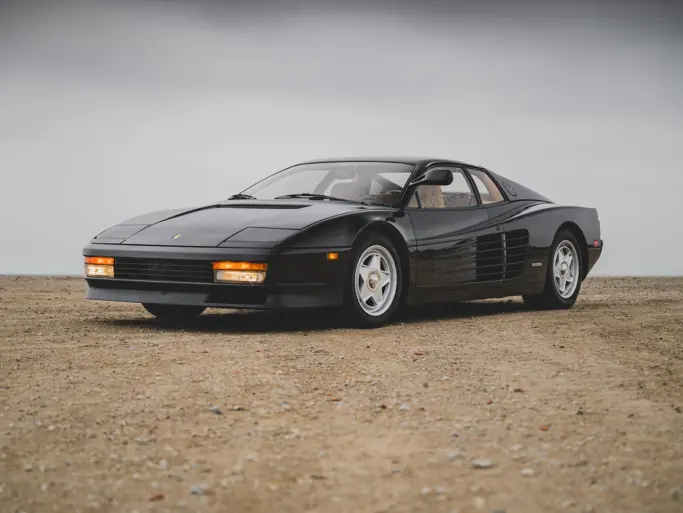After a meeting at the Ford Mansion in Dearborn, Michigan between Ashton Marshall, Bill Freeman (Newman Freeman Racing) and Edsel Ford II, a plan was put in motion with Peter Thorp and John Willment to continue the production of the Le Mans winning GT 40. With Edsel Ford II's blessing, these Mk V GT 40 cars carried the original Ford race team chassis plates and numbers. The Mk V Ford GT 40 cars are recognized and registered in GT 40 registry’s as authentic GT 40’s. The Mk V cars were constructed using the original tooling, body molds, and N.O.S. parts from the original Ford race program. The handling of the Mk V cars was enhanced by reducing the weight and increasing rigidity of the original monocoque.
Edsel Ford II suggested that Ashton Marshall contact John Willment in the UK, to see if there was an opportunity to use the original tools and parts from the Ford GT 40 race program, to continue production of the legendary Ford GT 40.
Ashton flew to the UK and met with his friend Peter Thorp. Together they made arrangements to meet with John Willment. At the meeting they all agreed continue the GT 40 program through Thorp’s Safir Engineering organization. Safir Engineering acquired a substantial list of items from the ex-Ford Race program included the original plans, tools, body molds and jigs, plus an extensive quantity of the GT 40 race program parts.
Safir Engineering built this particular car, P/1133, Mark V Spyder which was completed in July 1992 for Mr. Thorp himself, and he would keep for his personal car. The car features an aluminum monocoque chassis (one of two such Mk V’s built, the others are steel) with ultra-lightweight body panels. Powering the car is a 5.3-liter, 425-hp V-8 with Dart alloy heads connected to a ZF five-speed gearbox. The car is presented in a rich blue tone with black interior and white Le Mans stripes – throughout, it is seen in a spectacular fashion. This GT 40 also carries Mk II rear bodywork with rear deck inlet ducts and a fully-vented spare tire cover. At 857 kilograms, it is reported to likely be the lightest GT 40 ever constructed. It also features select carbon fiber panels and has the uncommon open “roadster” look, as the original was called in period specialty magazines. Dry sump lubrication, ventilated four-wheel disc brakes and BRM magnesium knock-off wheels are just a few of the racing-oriented elements that are part of this amazing platform.
Very few automobiles so readily encompass beauty of exterior design, power, racecar-type mechanical specifications, conception and execution by multiple personalities in the field, plus the rarity that this exceptional car exhibits.



 | Fort Lauderdale, Florida
| Fort Lauderdale, Florida


